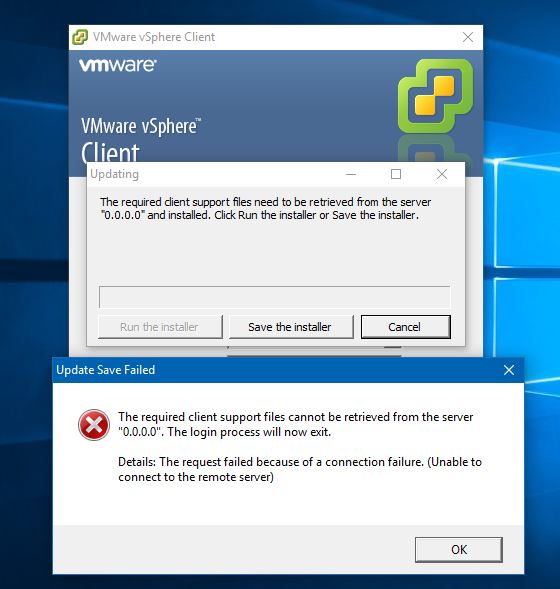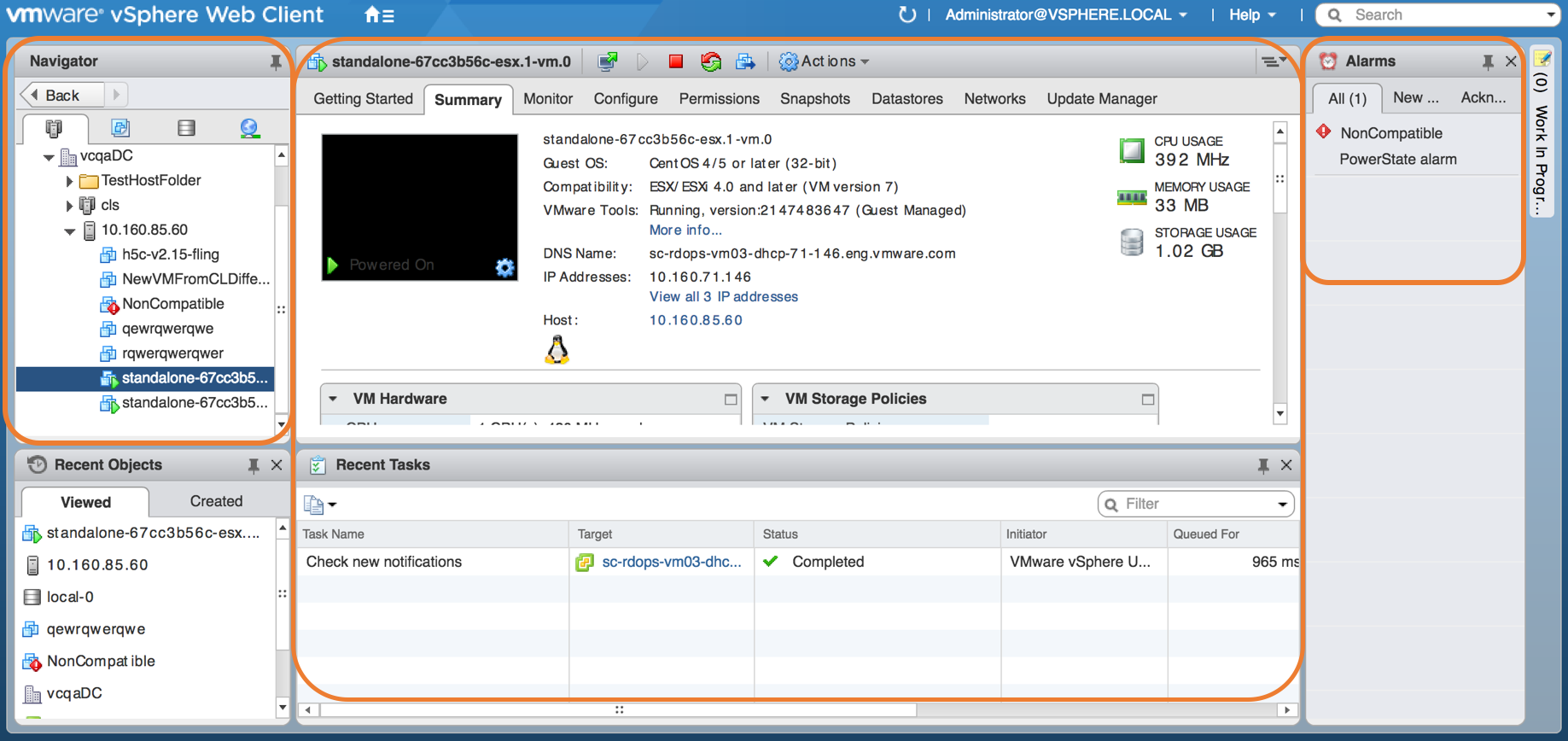
This allows you to interact with Vsphere ESX server too. Vmware Fusion provides the vmrun command in “/Library/Application\ Support/VMware\ Fusion/vmrun”.If you can’t ssh into the server, your options are more limited on Mac OSX: vmware-vimsh : this is the interactive shell that uses vmware-vimcmd.
 vmware-vim-cmd : this is a very exhaustive command that let’s you do about anything script based. Vmware provides several commandline tools on the server platform, through the following commands: It is available under the GNU Lesser General Public License version 2.1 (LGPL v 2.1). Using the Vmware View Open Client :this lets you connect from a Linux or Mac OS X desktop to remote Windows desktops managed by VMware View. To enable it, you need to run the following commands on your ESX server: The second way of interacting, is by using the Web UI. Install Windows inside your Vmware Fusion and run it in Unity Mode to use it as a client, but this of course requires Vmware Fusion installed. The guys from Punching Clouds describe how to run a vSphere Client on Mac OS X using Rdesktop and Seamless RDP access to a windows Server. I found two ways to get around the problem but it requires you to have a windows machine running:
vmware-vim-cmd : this is a very exhaustive command that let’s you do about anything script based. Vmware provides several commandline tools on the server platform, through the following commands: It is available under the GNU Lesser General Public License version 2.1 (LGPL v 2.1). Using the Vmware View Open Client :this lets you connect from a Linux or Mac OS X desktop to remote Windows desktops managed by VMware View. To enable it, you need to run the following commands on your ESX server: The second way of interacting, is by using the Web UI. Install Windows inside your Vmware Fusion and run it in Unity Mode to use it as a client, but this of course requires Vmware Fusion installed. The guys from Punching Clouds describe how to run a vSphere Client on Mac OS X using Rdesktop and Seamless RDP access to a windows Server. I found two ways to get around the problem but it requires you to have a windows machine running: 
exe, this option can’t be used on a Mac OSX system. That URL will redirect you to a webpage that gives you two client options:Īs there is only a windows. Suppose you have installed a new Vmware Vsphere/Esx server, the screen will greet you with a URL that you can use to connect to the server.
Programming/Scripting Options : using programming languages such as java, C#, ruby, Powershell, Perl.  Commandline Options : commandline options to interact. GUI Options : simple GUI, not much of automation here. I feel that Vmware threats Mac OSX users as a second thought, which is kind of strange.
Commandline Options : commandline options to interact. GUI Options : simple GUI, not much of automation here. I feel that Vmware threats Mac OSX users as a second thought, which is kind of strange. 
This blogpost gives an overview of the options you have on Mac OSX to interact with a Vmware Esx, Vsphere server.








 0 kommentar(er)
0 kommentar(er)
